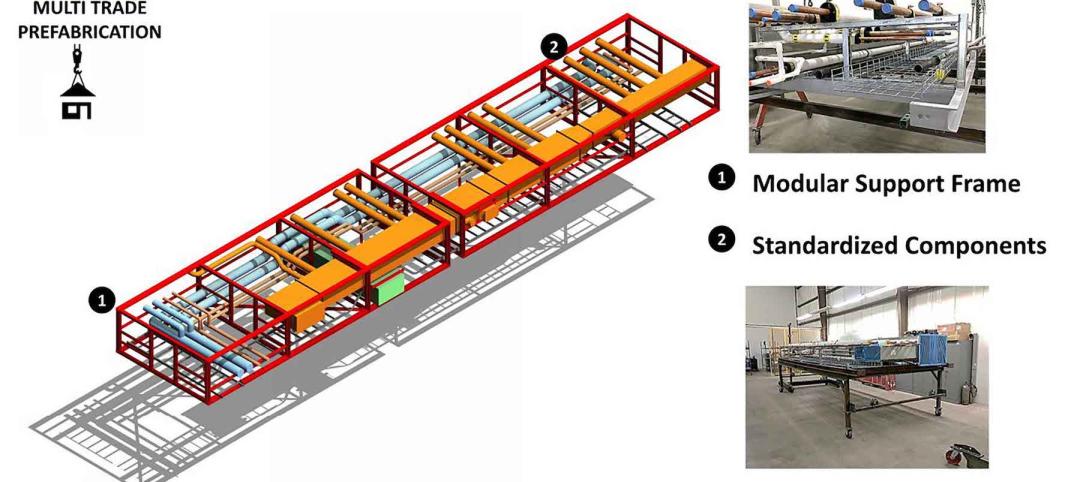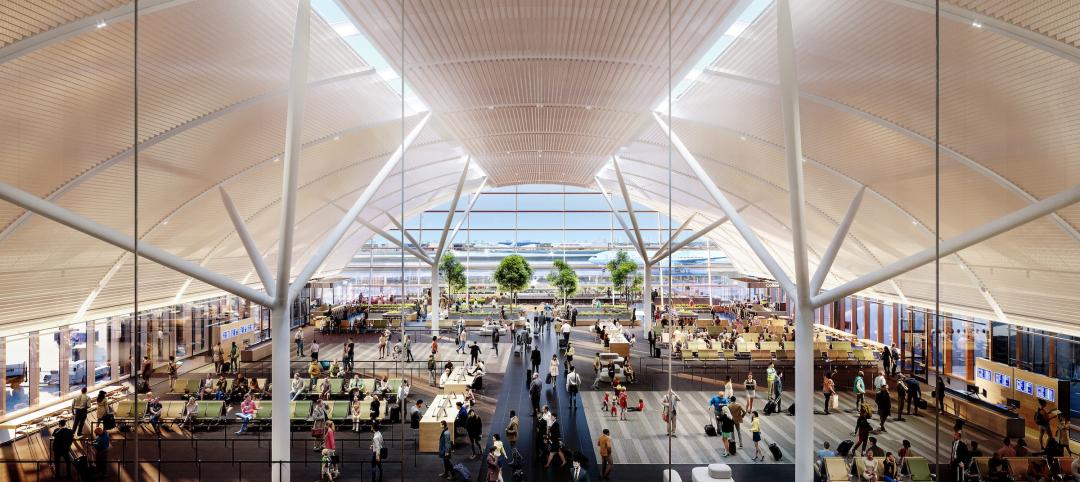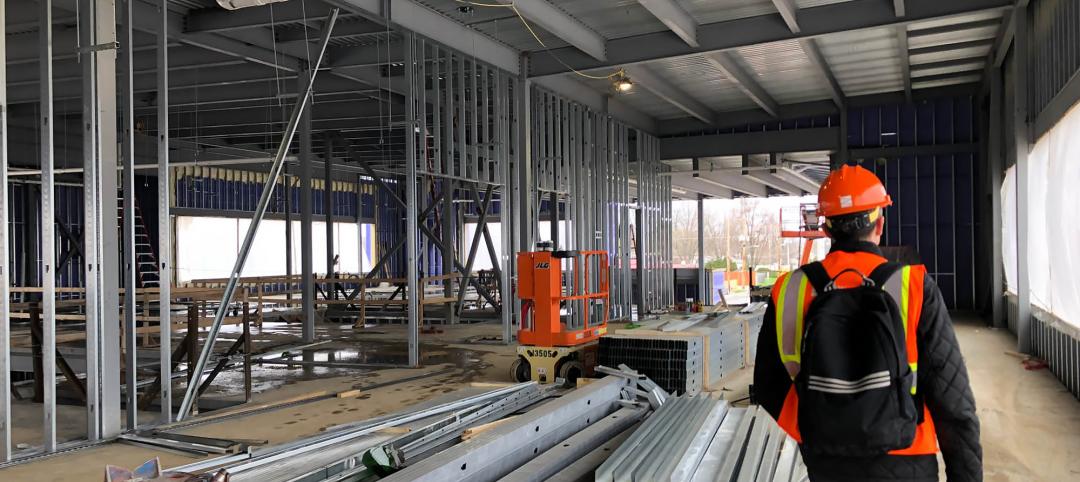In a recent editorial, the USGBC cited a growing number of U.S. state legislators who are “aiming to roll back building energy code standards and/or preempt local governments from advancing energy-efficient building codes.”
“This is a disheartening trend,” the article says, “because building codes are a cost-effective, high-impact strategy for reducing energy bills as well as greenhouse gas emissions.” To illustrate the point, the piece provides examples of legislation in four states that would stymie efforts to make new buildings more environmentally friendly.
In Idaho, a bill removed a clause that allowed certain local governments to maintain energy codes or energy-related requirements that are more stringent than the 2018 Idaho Energy Conservation Code. In Iowa, a bill would repeal energy conservation requirements for new construction and allow local governments to enact energy standards that are less restrictive than the state building code.
A Missouri bill would prevent local governments from enforcing portions of locally adopted ordinances with energy code provisions that go beyond 2009 IECC standards. In North Carolina, a bill proposes to significantly delay code updates.
Proponents of these measures argue that more stringent codes raise construction costs. Opponents cite the savings in utility bills that owners will realize over the life of the structure.
USGBC says it opposes these and similar legislative actions. “Codes are designed to gradually improve and increase efficiency over time, so that builders and the industry can make achievable, predictable adjustments rather than face drastic change,” the editorial states. “This requires that codes be regularly updated so that communities don’t fall far behind. In some states where localities have authority to adopt codes at least as stringent as the state codes, this can help bring the building industry along and facilitate acceptance of the next code version.”
Related Stories
Contractors | Jun 4, 2024
Contractors expect to spend more time on prefabrication, according to FMI study
Get ready for a surge in prefabrication activity by contractors. FMI, the consulting and investment banking firm, recently polled contractors about how much time they were spending, in craft labor hours, on prefabrication for construction projects. More than 250 contractors participated in the survey, and the average response to that question was 18%. More revealing, however, was the participants’ anticipation that craft hours dedicated to prefab would essentially double, to 34%, within the next five years.
Airports | Jun 3, 2024
SOM unveils ‘branching’ structural design for new Satellite Concourse 1 at O’Hare Airport
The Chicago Department of Aviation has revealed the design for Satellite Concourse 1 at O’Hare International Airport, one of the nation’s business airports. Designed by Skidmore, Owings & Merrill (SOM), with Ross Barney Architects, Juan Gabriel Moreno Architects (JGMA), and Arup, the concourse will be the first new building in the Terminal Area Program, the largest concourse area expansion and revitalization in the airport’s almost seven-decade history.
Construction Costs | Jun 3, 2024
Escalation: Predicting project costs in a volatile market
Thad Berkes, Chief Cost Estimator, Design Collaborative, shares that one of the major hurdles that Design Collaborative attempts to forecast for its commercial construction projects is escalation.
Multifamily Housing | Jun 3, 2024
Grassroots groups becoming a force in housing advocacy
A growing movement of grassroots organizing to support new housing construction is having an impact in city halls across the country. Fed up with high housing costs and the commonly hostile reception to new housing proposals, advocacy groups have sprung up in many communities to attend public meetings to speak in support of developments.
MFPRO+ News | Jun 3, 2024
New York’s office to residential conversion program draws interest from 64 owners
New York City’s Office Conversion Accelerator Program has been contacted by the owners of 64 commercial buildings interested in converting their properties to residential use.
MFPRO+ News | Jun 3, 2024
Seattle mayor wants to scale back energy code to spur more housing construction
Seattle’s mayor recently proposed that the city scale back a scheduled revamping of its building energy code to help boost housing production. The proposal would halt an update to the city’s multifamily and commercial building energy code that is scheduled to take effect later this year.
Mass Timber | May 31, 2024
Mass timber a big part of Western Washington University’s net-zero ambitions
Western Washington University, in Bellingham, Wash., 90 miles from Seattle, is in the process of expanding its ABET-accredited programs for electrical engineering, computer engineering and science, and energy science. As part of that process, the university is building Kaiser Borsari Hall, the 54,000-sf new home for those academic disciplines that will include teaching labs, research labs, classrooms, collaborative spaces, and administrative offices.
Construction Costs | May 31, 2024
Despite challenges, 2024 construction material prices continue to stabilize
Gordian’s Q2 2024 Quarterly Construction Cost Insights Report indicates that supply chain issues notwithstanding, many commodities are exhibiting price normalization.
University Buildings | May 30, 2024
Washington University School of Medicine opens one of the world’s largest neuroscience research buildings
In St. Louis’ Cortex Innovation District, Washington University School of Medicine recently opened its new Jeffrey T. Fort Neuroscience Research Building. Designed by CannonDesign and Perkins&Will, the 11-story, 609,000-sf facility is one of the largest neuroscience buildings in the world.
Affordable Housing | May 30, 2024
General contractor’s keys to a successful affordable housing project
General contractors can have tremendous influence over a project’s success in terms of schedule, budget, and quality. However, to ensure a project is put on this path, there are a few factors that must be considered.

















